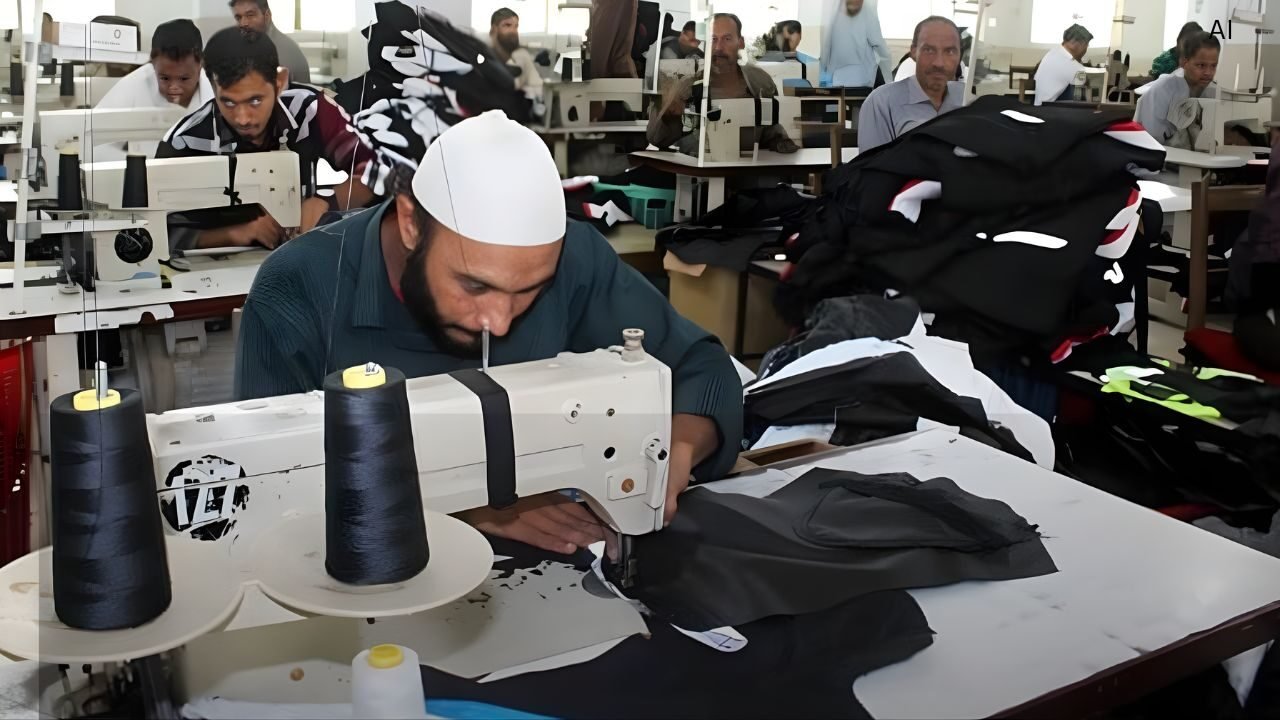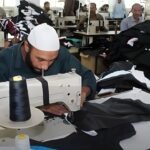By Qudsia Bano
Pakistan is planning to create a Pakistan textile innovation fund to boost research, technology, and modernization in its textile and apparel sector — a move officials hope will bring long-awaited change to one of the country’s largest industries.
Textile and Apparel Policy 2025–30 Aims for Modernization
At the heart of this plan is a new draft policy — the Textile and Apparel Policy 2025–30 — which focuses on making Pakistan’s textile sector more competitive through modern research, eco-friendly production, and the development of advanced materials.
Funding Through Export Development Fund
According to the draft policy shared with this reporter, the government will allocate 10 percent of the Export Development Fund (EDF) each year to form the National Innovation and Technology Fund under the Ministry of Commerce.
The fund will back research projects led by universities and industry experts working together to improve export-oriented production.
Research Areas to Bridge Pakistan’s Technology Gap
The fund’s focus areas include advanced materials, sustainable and alternative fibers, clothing made from man-made fibers, and modern textile machinery.
Officials believe these projects will help narrow Pakistan’s technology gap, increase value-added exports, and build stronger ties between research institutions and textile manufacturers.
Ministry of Commerce to Oversee the Initiative
The Ministry of Commerce will oversee the fund, working closely with universities, research centers, and industry leaders to make sure all projects match national export and industrial goals.
Innovation and Sustainability at the Core of Policy
For years, Pakistan’s textile industry has struggled to keep pace with global competitors due to weak research systems, limited funding, and poor cooperation between academia and industry.
The proposed fund aims to fix these weaknesses by financing projects that can be turned into practical industrial solutions.
The draft policy stresses that innovation is essential for moving toward sustainable and environmentally responsible production.
The fund will back projects that develop eco-friendly materials, energy-saving technologies, and cleaner manufacturing systems — aligning Pakistan’s industry with global environmental and social governance (ESG) standards.
Beyond research support, the policy also aims to strengthen local research institutions so they can act as reliable technology partners for textile companies.
It calls for universities and research centers to establish new laboratories and innovation hubs focusing on digital manufacturing, technical textiles, and product design.
Officials believe this new fund could be a turning point. By investing in innovation and sustainability, Pakistan hopes to build a modern, competitive textile industry ready to meet the demands of global markets.
Author Profile
-
Qudsia Bano is a financial correspondent focused on Pakistan's fiscal health.
Her reporting, driven by SBP data, tracks the country's vital foreign exchange reserves. Bano’s work highlights the central bank's success in stabilizing reserves near the $19-20 billion range, underscoring its crucial effort to maintain exchange rate stability.





